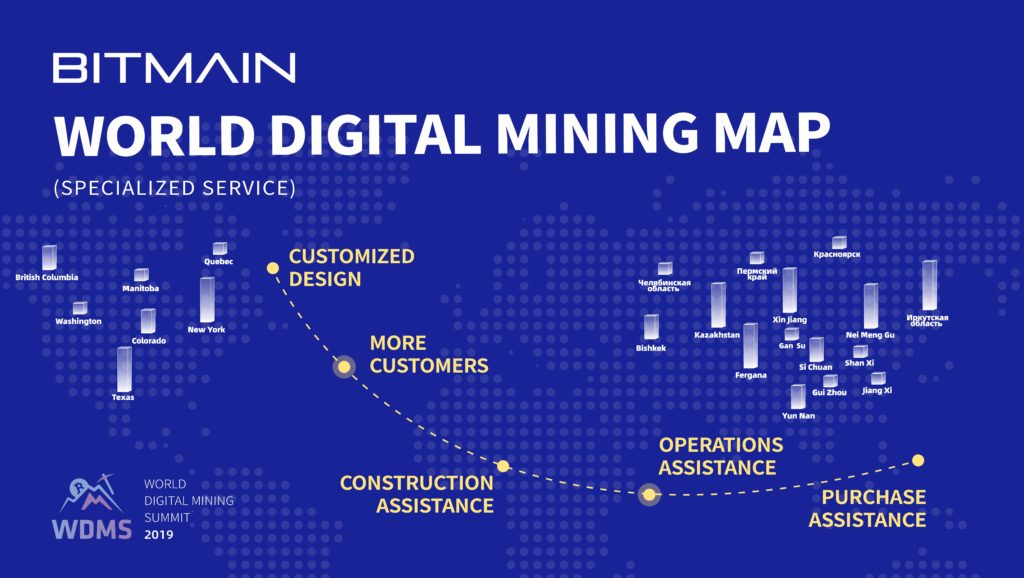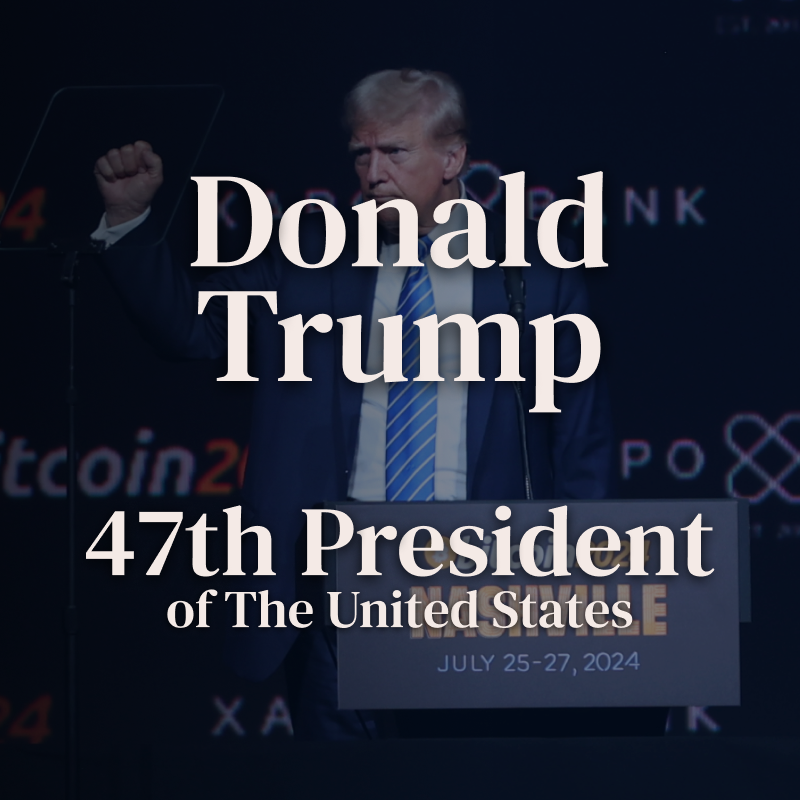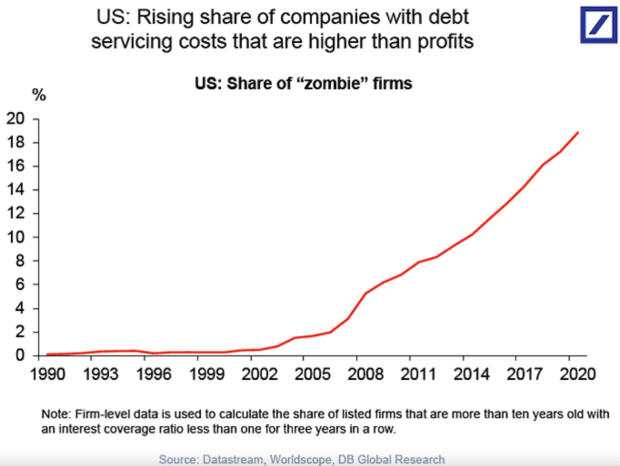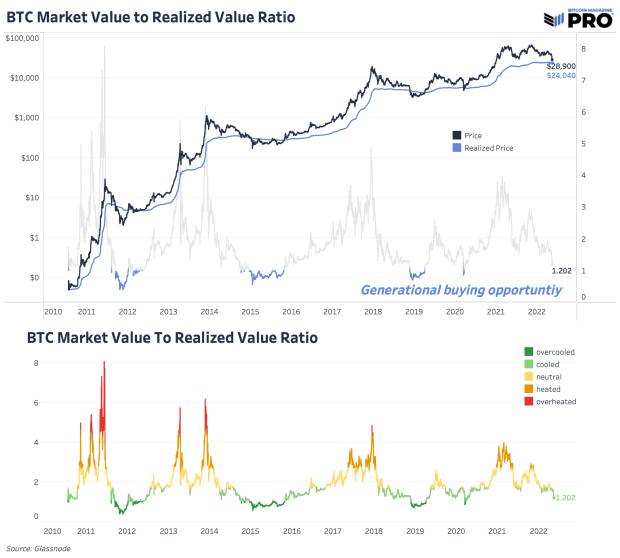Central Bank Of Argentina Bans Banks From Offering Bitcoin, Crypto Services
The ban comes just a few days after Argentina’s largest private bank announced it would start offering bitcoin to clients.
- The central bank of Argentina has banned financial institutions from offering any services involving cryptocurrencies like bitcoin.
- The ban comes days after the largest private bank in Argentina announced it would begin offering such services to its clients.
- An alert released from the central bank last year showed its reluctance to cryptocurrencies, also exhibited in today’s ban.
The Central Bank of the Argentine Republic (BCRA) announced in a Thursday statement that financial institutions in the country are banned from offering clients any services involving Bitcoin or other cryptocurrencies.
The news comes on the heels of a $45 billion loan approval from the International Monetary Fund (IMF) for Argentina in March that stipulated the country should discourage the usage of bitcoin and cryptocurrency.
The largest private bank in Argentina days ago announced they would begin offering these very same products. Burbank, a digital bank in the country, also announced it would offer a line of support for bitcoin and other cryptocurrencies.
The shock of this decision from centralized authorities directly refutes the actions of many Argentinians as the country is reportedly ranked tenth in the world for cryptocurrency adoption, according to a report from chain analytics company Chanalysis.
The ongoing adoption of bitcoin and other cryptocurrencies within Argentina is largely attributed to the towering rates of inflation suffered by citizens. Reuters reported that the inflation data provided by the government last month showed annual inflation rates of 55% for the month. The report also states experts are anticipating 60% inflation for the year, which is set to take a toll on the almost 40% of the population reportedly living below poverty.
BCRA released an alert last year concerning the use of cryptocurrencies and the risks it saw associated with participating in the asset class, including high volatility, money laundering, financing of terrorism and potential non-compliance with foreign exchange regulations.









